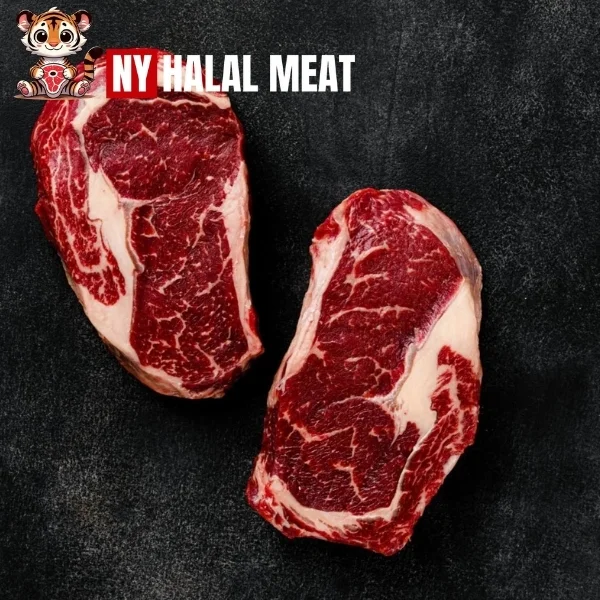Halal vs Kosher: The Lesser-Known Distinctions You Should Know
The highlighted dietary practices of Halal and Kosher bring several tensions. The global Muslim community and Jewish populations practice them respectively with great reverence, as both introduce multiple regulations about the food that is consumed, including the preparation. While these two concepts share similarities, they also present quite a number of differences. This guide seeks to discuss the major differences between Halal and Kosher, looking at what these diets comprise and how they affect food selection.
What is Halal?
Halal is actually an Arabic word that denotes permissibility. More specifically, it describes what is lawful to Muslims according to Muslim laws, the Sharia Law Circle. In terms of Islam, Halal food is determined by law states in the Quran and the Hadith, even though it is forbidden to eat certain kinds and preparation of food.
- Haram (Negated): According to Halal laws, the eating of pork, drinking of alcoholic beverages, consuming any narcotics as well as meat of animals which died without licking salmon or which were not killed in Halal way.
- Halal Slaughter: To be Halal, the animal should be slaughtered by a Muslim, with a prayer such as Bismillah being mentioned before slaughtering the animal. The animal should also be bled of its blood, so that the meat is free of impurities.
What is Kosher?
The term ‘Kosher’ is used with regard to those dietary laws of practicing Jews, as it is based on the commandments provided to the Jews in the Torah. The term kosher comes from a Hebrew word kasher, which means fit, or proper. It governs those who can be eaten, and explains how to prepare them.
- Forbidden Foods (Treyf): Kosher laws ban certain practices such as the eating of pork, shellfish, and any type of meat that comes from animals that are not permissible. Additionally, mixing meat and dairy is also prohibited.
- Kosher Slaughter: The wording kosher specifies that the slaughter of animals should be done only by somebody who has undergone training for it, known as a shochet. The death of the animal should be quick, and the meat passed through is fit for consumption.
Key Differences Between Halal and Kosher
1. Religious Foundations
- Halal: All the Halal laws are derived from the Quran and the Hadith, which are the guides for Muslims, not only allowing them to eat certain foods but also guiding them on ethical, social, and even spiritual boundaries.
- Kosher: Kosher laws have their origin in the Torah and their interpretation in the texts of the Jewish Talmud. They apply in everyday life, establishing which foods may be eaten and how they should be prepared, for instance.
2. Slaughtering Process
- Halal Slaughter: The slaughtering of Halal animals can only be performed by a Muslim, and the beast is slaughtered, invoking the name of Allah. The ritual involves slitting the proper slit so that it is humane and as much blood is let out as possible.
- Kosher Slaughter: Kosher slaughtering requires a Shochet, a specific Jew who has been trained for this type of slaughter. The animal is killed with one clean swipe, and the meat is inspected to ensure it is suitable for eating.
3. Prohibited Foods
- Halal: Halal laws completely restrict the eating of pork, alcohol, and eating the meat of an animal that has not been slaughtered according to Halal standards. Additionally, food that poses any form of danger or induces harmful effects is not Halal.
- Kosher: Like Halal, Kosher laws also prohibit the eating of pork, shellfish, and other non-permissible animals. However, Kosher laws impose a stricter command on the mixing of meat and dairy, which is simply not allowed. For example, Kosher laws do not allow the same utensils or cooking equipment to be used for meat and dairy.
4. Prohibition of Meal Combination of Meat and Milk
- Halal: In the laws of Halal, there is no restriction to consume both meat and dairy products at the same time. Both can be consumed in the same meal as long as they are Halal.
- Kosher: Among many rules present in Kosher laws, the most fundamental is the prohibition of combining meat and dairy products. It emphasizes that meat and dairy foods should never be used together from preparation through to serving.
5. Licensing Authorities for Inspection and Compliance

- Halal Certification: Halal certification is given by Halal certifying agencies that ensure and approve the type of animals used for slaughter, the ingredients of food, and the method of their production.
- Kosher Certification: Kosher certification is issued by recognized Jewish bodies to ensure that the food is prepared in a kosher manner. This includes tight surveillance on food production processes.



[…] 1: Halal Meat Is Only for […]
[…] Understanding Kosher vs. Halal […]